Borstal boy
- 372 páginas
- 14 horas de lectura
The autobiography of Irish writer and poet Brendan Behan. It focuses on his life in reform school, following his arrest as an IRA activist.
Brendan Behan fue un artista irlandés cuya obra se caracteriza por un crudo realismo y una fuerte conciencia social. Enriqueció sus textos, escritos tanto en irlandés como en inglés, con una poderosa sensibilidad lingüística y rítmica. Su obra a menudo refleja sus propias experiencias vitales y convicciones políticas, lo que lleva a fuertes comentarios sociales. Su estilo es distintivo, lleno de humor crudo y profunda humanidad, lo que lo convierte en un autor único.
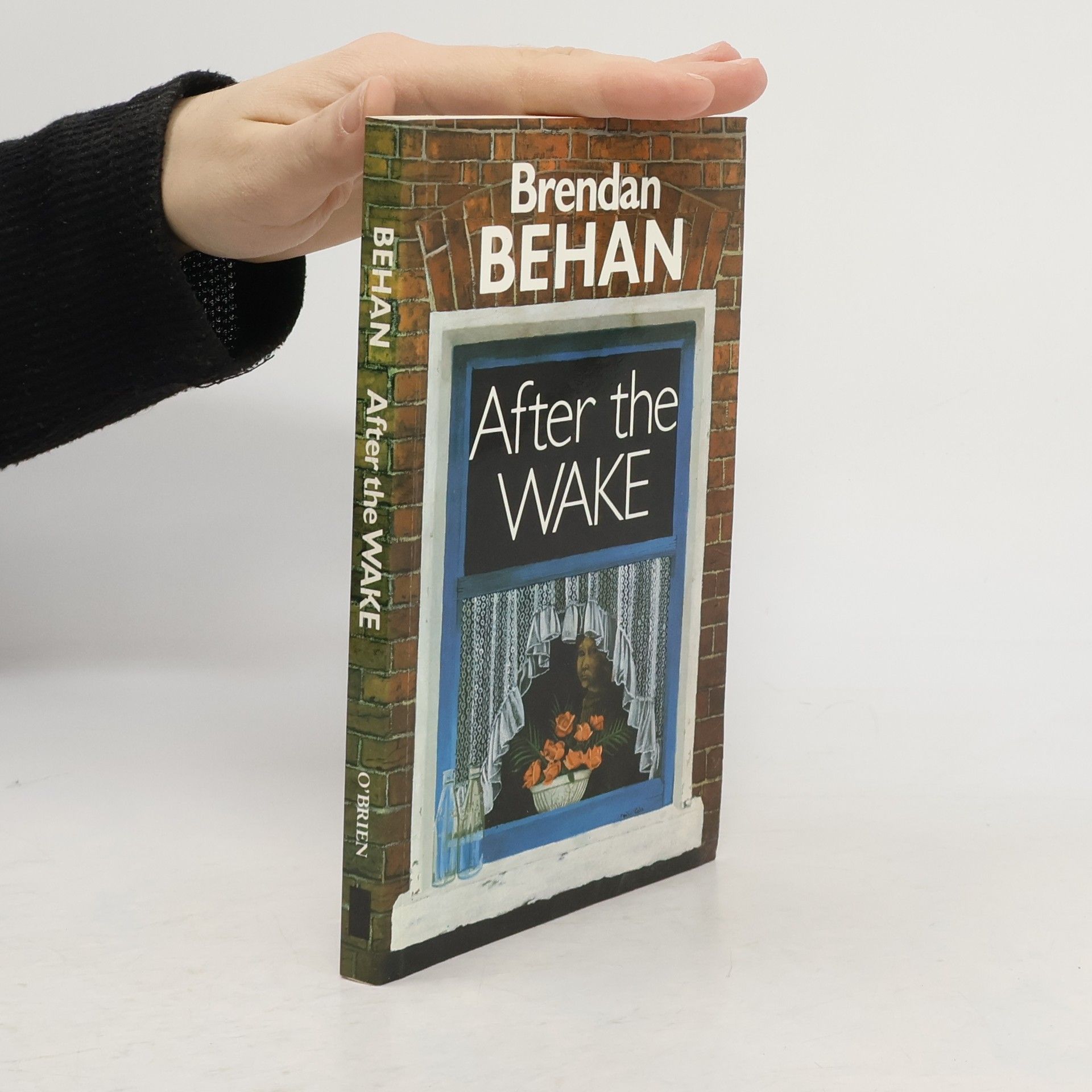

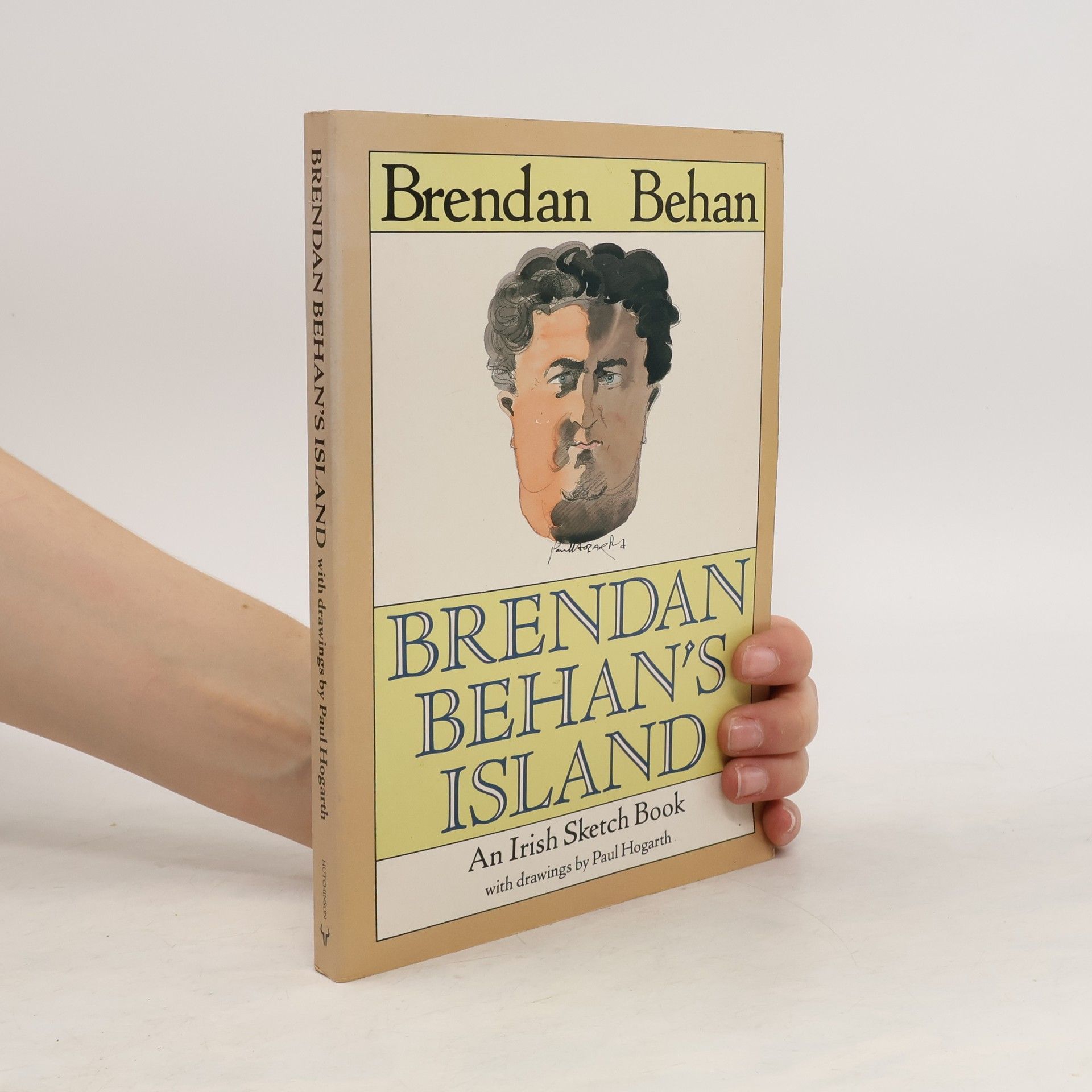
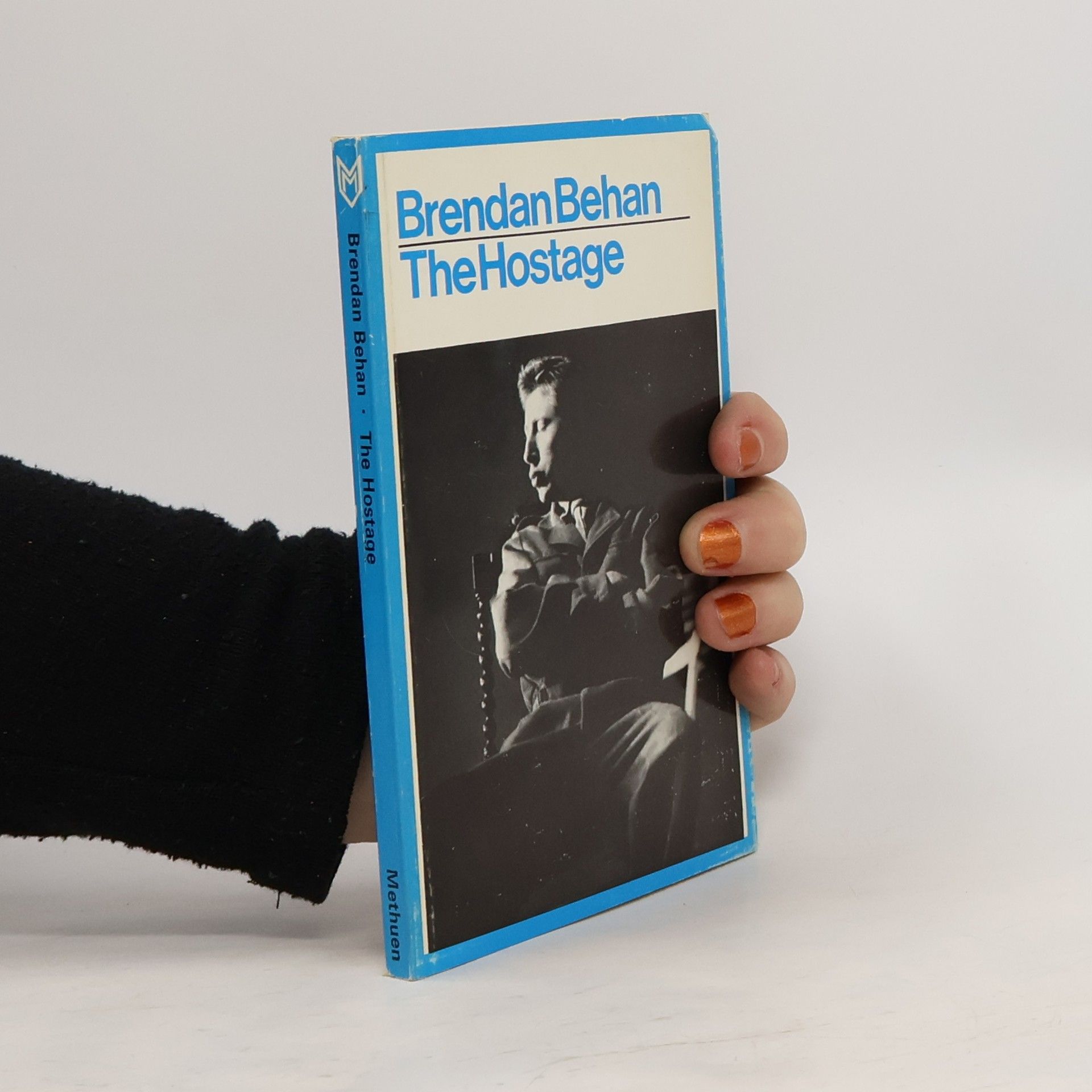
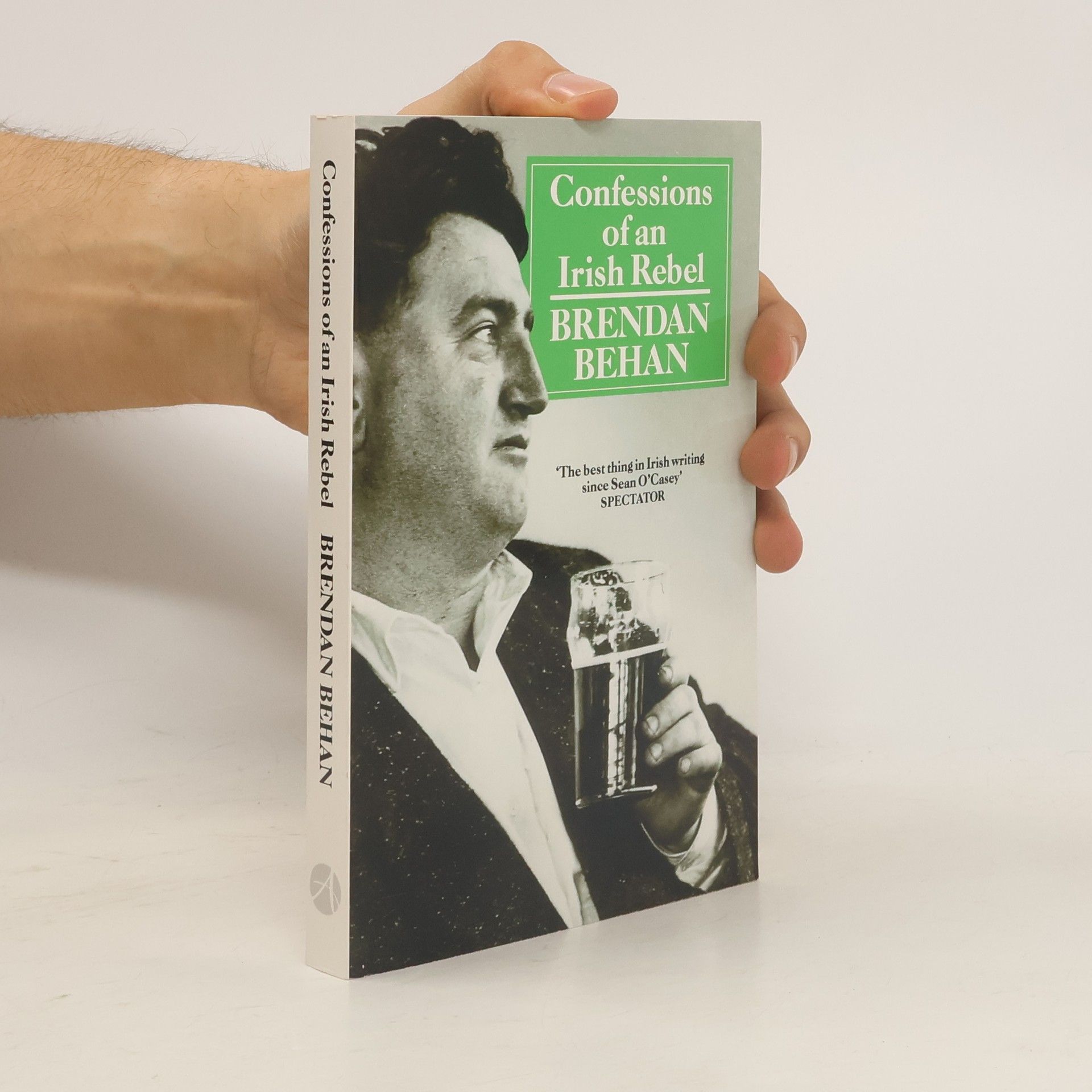
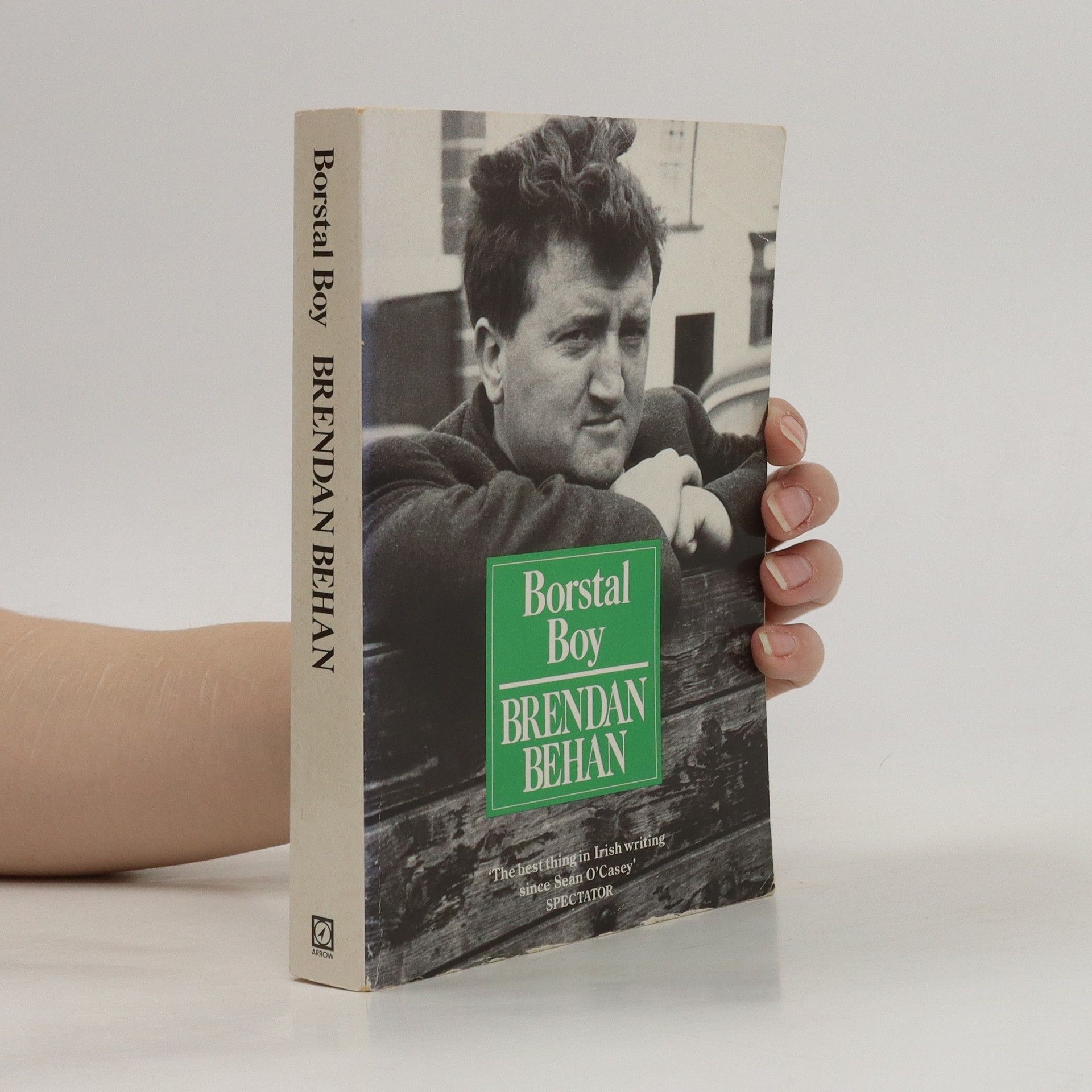
The autobiography of Irish writer and poet Brendan Behan. It focuses on his life in reform school, following his arrest as an IRA activist.
The immigration man read my deportation order, looked at it and handed it back to me. Not only is it the last instalment of a unique and unorthodox autobiography, but of a unique and unorthodox life that was as touched with genius as it was with doom.
An essential text in the development of modern British drama
An Irish Sketchbook
The late Brendan Behan captured the essence of Ireland in this compilation of Dublin talk, reminiscence, comment, verse and anecdote. The text is complemented by Paul Hogarth's drawings.
This edition gathers all the articles and essays that Behan published in newspapers from 1951 to his death in 1964.The articles reveal a serious writer capable of great comic set pieces and amusing yarns as well as thoughtful reflections on cultural and historical issues.
Brendan Behan's genius was to strike a chord between critic and common man. When he died, at the age of 41, he was arguably the most celebrated Irish writer of the twentieth century. After the Wake is a collection of seven prose works and a series of articles. It includes all that exists of an unfinished novel, 'The Catacombs', and pieces together items whose comic and fanciful accounts evoke Flann O'Brien. Also featured are works of acknowledged excellence, 'The Confirmation Suit' and 'A Woman of No Standing'. This writing bears all the hallmarks of the author's talent - an ability to bring characters to life quickly and unforgettably, a sharp ear for dialogue and dialect, and a natural vocation for story-telling. This diverse collection is a delightful and entertaining windfall from one of Ireland's most colourful writers. An essential complement to Behan's master works.
This collection looks at the years of innocence, the pains and pleasures of schooldays and the struggles of adolescence in stories by such writers as Seamus Heaney, Roddy Doyle, Flann O'Brien, William Trevor, Bryan MacMahon, Samuel Beckett, Neil Jordan, Sean O'Faolain, Edna O'Brien, Brian Friel, Maeve Binchy, Brendan Behan and many more.
This volume contains everything Brendan Behan wrote in dramatic form in EnglishContains the three famous full-length plays: The Quare Fellow, set in an Irish prison ("In Brendan Behan's tremendous new play language is out on a spree, ribald, dauntless and spoiling for a fight ... with superb dramatic tact, the tragedy is concealed beneath layer after layer of rough comedy" Observer); The Hostage, set in a Dublin lodging-house of doubtful repute where a young English soldier is being kept prisoner, "shouts, sings, thunders and stamps with life...a masterpiece" (The Times); and Richard's Cork Leg, set in a graveyard, "a joyous celebration of life" (Guardian). The volume also contains three one-act plays, originally written for radio and all intensely autobiographical, Moving Out, A Garden Party and The Big House.
Als charismatisches Unikum, als anarchischer Freiheitskämpfer und geselliger Trunkenbold galt Brendan Behan als »größter Dubliner Star seiner Zeit«. Mit drei Jahren konnte er lesen, mit acht wurde er Mitglied der IRA und mit 24 hatte er bereits ein Drittel seines Lebens im Gefängnis verbracht. Auf den Bühnen des Londoner Westend und in den Inszenierungen Peter Zadeks waren seine Stücke mit ihrem unbändigen Witz Riesenerfolge. Die nun veröffentlichten brillanten Texte widmen sich den großen Themen Liebe, Leid und Tod voller Übermut. Als genauer Beobachter des Arbeitermilieus mit einem Gespür für Dubliner Redewendungen und surreale Begebenheiten beschreibt Behan seine Figuren in ihrer ganzen Respektlosigkeit und Unangepasstheit. Seine Texte strotzen vor Anspielungen, Liedern und Sprichwörtern und zeichnen das Bild eines wilden, kämpferischen Irlands, das es so heute nicht mehr gibt.